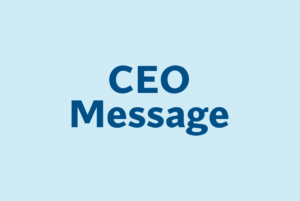As California hospitals continue to face unprecedented challenges, and patients are placed at risk by the lack of state and federal support, it’s vital that every available resource be secured to ensure care can continue to be delivered for all Californians.
Hundreds of millions of dollars from one such pool of resources — public assistance funds from the Federal Emergency Management Agency (FEMA) that are available to not-for-profit and governmental entities for extraordinary expenses incurred during the pandemic — remain stuck. But there are steps hospitals can take to help secure this much-needed assistance.
In addition to outreach to California’s congressional delegation, CHA has been working directly with the California Office of Emergency Services (CalOES), which must review all applications for these funds; FEMA’s Region 9 office; and the American Hospital Association. One key takeaway from this work is that applications will move through the process more quickly if hospitals have vocal support from their elected representatives. California’s Senators Dianne Feinstein and Alex Padilla have reached out to FEMA and while the response from the agency was less than hoped for, they continue to press for the release of these funds.
At this time, CHA is encouraging hospitals with outstanding applications to reach out to their member of Congress to request assistance using this template to ensure all of the necessary information is shared.
While the outreach to congressional representatives may help expedite the flow of resources, some of the delay can be attributed to a more methodical process to obligate funds by CalOES and FEMA Region 9. While taking longer than other regions to obligate funds to hospitals, this approach is intended to minimize the de-obligation of funds needed if errors occur. A webinar held in September provides details on the opportunity for hospitals to receive partial expedited payment.
To date, CalOES and FEMA Region 9 have obligated approximately $150 million for 57 projects for hospitals and health systems in California. An additional $437 million is expected to be obligated by Dec. 5, and another $115 million by February 2023.
A webinar in December will provide an update on advocacy efforts to expedite the obligation of FEMA funds for CHA members and present an opportunity for participants to provide feedback that will inform CHA’s ongoing efforts related to this issue.
In addition to outreach to elected officials, CHA encourages members to reach out to Chad Mulvany, vice president, federal policy (cmulvany@calhospital.org), with feedback on the application process. Your experiences will inform CHA’s ongoing conversations with CalOES and FEMA Region 9.

